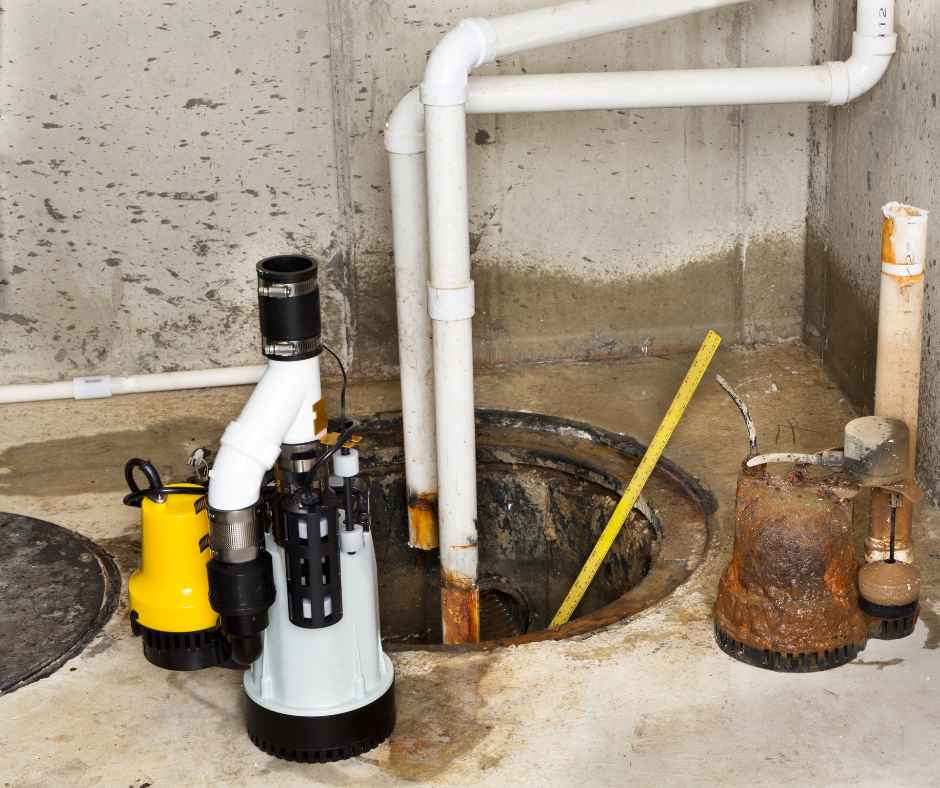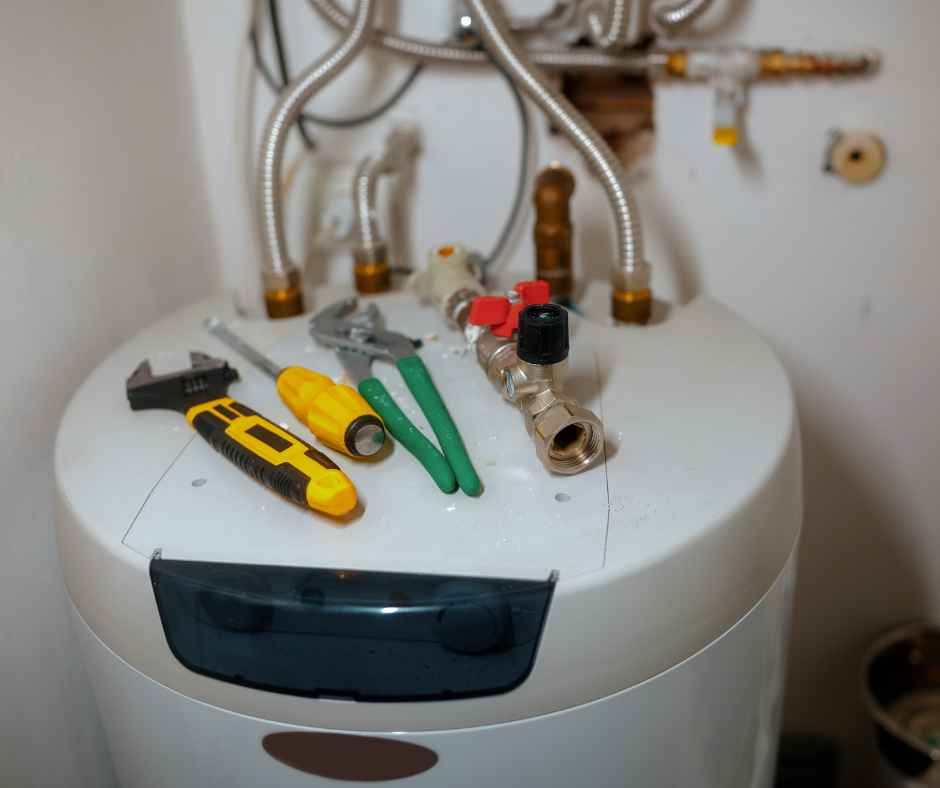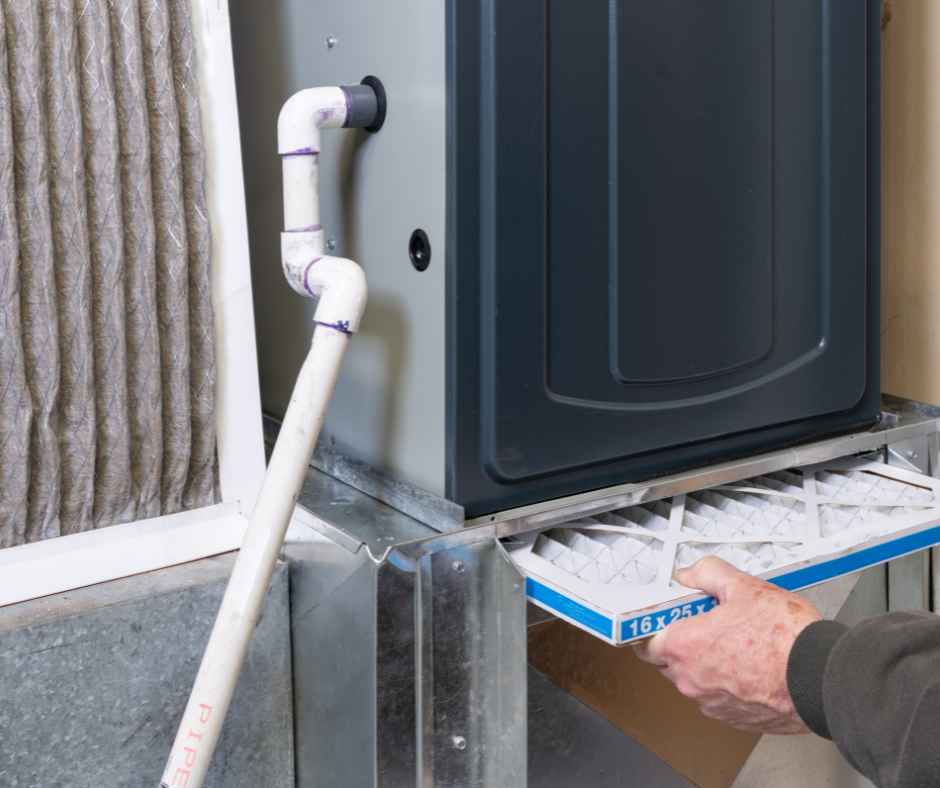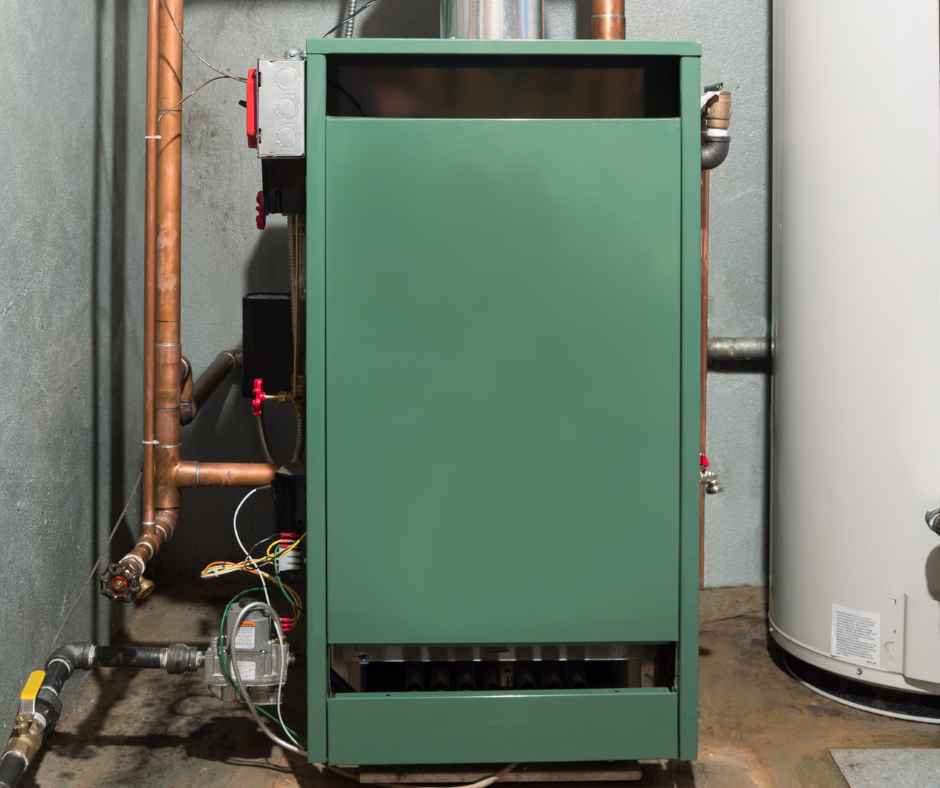0% APR Plus No Payments for 12 Months
on Select New Plumbing & HVAC Systems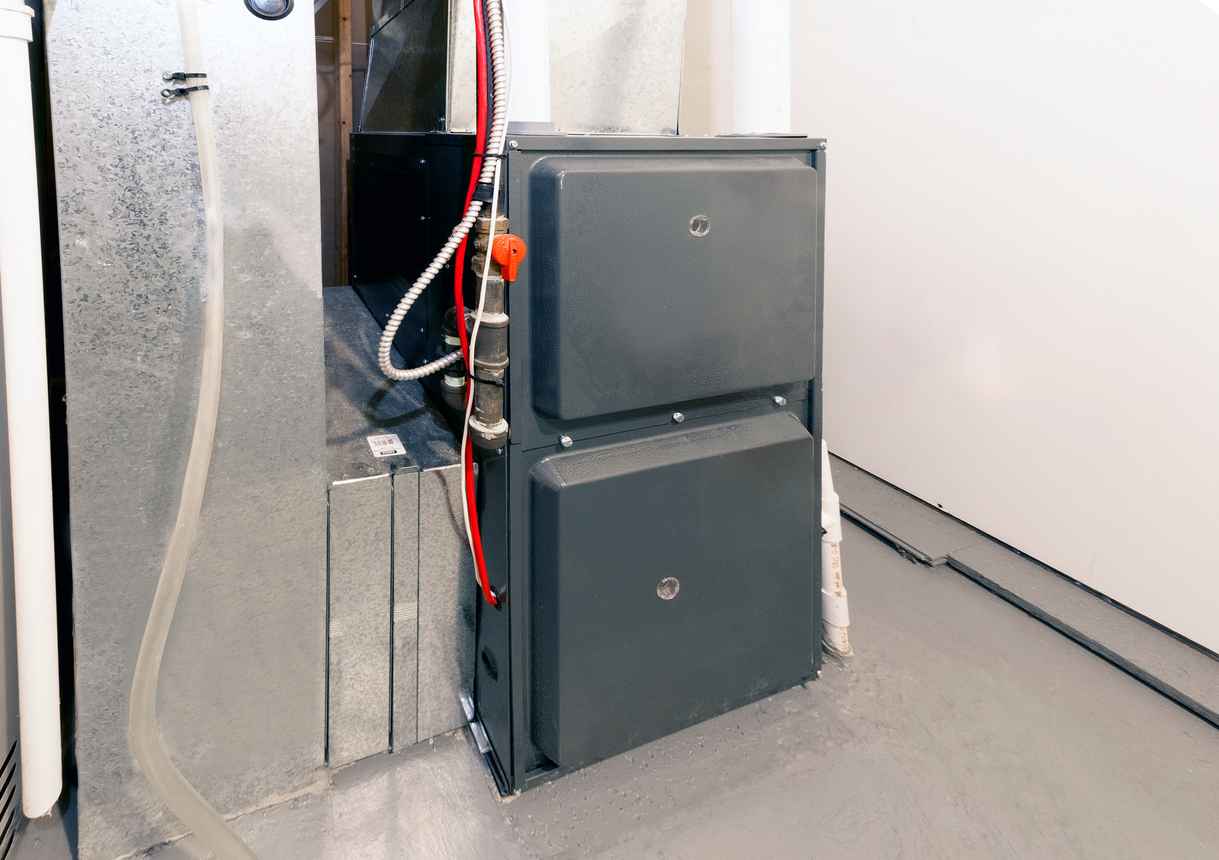
How Long Does A Furnace Last?
In the heart of every cozy home, the trusty furnace quietly hums away, providing warmth and comfort through the harshest of winters. But have you ever wondered just how long this essential heating appliance can keep your home toasty? The lifespan of a furnace can vary depending on several factors, including the type of furnace, how well it’s maintained, and the quality of its installation. On average, you can expect the typical furnace to last 15-20 years.
Staton Heating, Cooling & Plumbing will share the secrets behind a furnace’s lifespan, explore the factors that influence its durability, and offer valuable insights to help you make the most of this critical investment. Whether you’re a homeowner looking to maximize your furnace’s efficiency or simply curious about the life expectancy of your heating system, we’ve got all the answers right here.
What Factors Affect the Life Expectancy of a Furnace?
The life expectancy of a furnace is influenced by several factors. Understanding these factors can help you extend the lifespan of your furnace and make informed decisions about maintenance and replacement. Here are the key factors that affect the longevity of a furnace:
Quality of Installation
A proper and professional installation is crucial for the long-term performance of your furnace. If the installation is subpar, it can lead to issues that shorten the furnace’s life.
Regular Maintenance
Regular maintenance, including annual inspections, cleaning, and filter replacement, is essential to keep your furnace running efficiently and prevent wear and tear that can lead to premature failure.
Type and Quality of Furnace
The type and quality of the furnace you choose play a significant role in its lifespan. High-quality furnaces from reputable brands tend to last longer and perform better.
Air Quality
Poor indoor air quality or a lack of proper filtration can result in increased dust and debris buildup within the furnace, potentially reducing its efficiency and lifespan.
Age
The age of your furnace is a significant factor. Most furnaces have an average lifespan of 15 to 20 years, so if your furnace is older, it may be approaching the end of its useful life.
How Long Should a Furnace Usually Last?
The average lifespan of a furnace typically falls within the range of 15 to 20 years. However, the actual duration a furnace lasts can vary significantly depending on various factors. Here are some key points to consider:
Usage Patterns
How often and how intensely you use your furnace can affect its longevity. Overworking a furnace due to inadequate sizing or extreme temperature fluctuations may lead to premature wear.
Maintenance History
The history of repairs and maintenance on your furnace can influence its lifespan. Timely repairs and addressing issues as they arise can prevent further damage.
Type of Furnace
Different types of furnaces (gas, electric, oil, propane) have varying lifespans, but they generally fall within the 15 to 20-year range.
What are the Signs that You Should Replace Your Furnace?
Knowing when it’s time to replace your furnace is crucial for maintaining a safe and efficient heating system in your home. Here are some common signs that indicate you should consider replacing your furnace:
- Age: If your furnace is over 15 to 20 years old, it’s approaching the end of its typical lifespan, and you should start thinking about replacement, even if it’s still functioning.
- Increasing Energy Bills: If your heating bills have been steadily rising despite consistent usage and no significant changes in energy prices, it may be a sign that your furnace has lost efficiency and needs replacement.
- Strange Noises: Unusual noises coming from your furnace, such as banging, popping, rattling, or squealing, can indicate mechanical problems that may be costly to repair.
- Visible Signs of Wear: Rust, corrosion, or visible cracks on the furnace’s components can indicate a breakdown in the system’s integrity and safety.
How Can You Make a Furnace Last Longer?
Extending the lifespan of your furnace requires regular maintenance and proper care. Here are several steps you can take to make your furnace last longer and operate efficiently:
- Regular maintenance
- Replace air filters
- Keep vents and registers clear
- Maintain a consistent temperature
- Monitor for unusual noises or smells
By following these maintenance and care tips, you can help prolong the life of your furnace, maintain its efficiency, and ensure safe and reliable heating for your home. Regular professional maintenance is particularly important, as it can catch and address issues early, ultimately saving you money on repairs and replacement.
Furnace Repairs and Replacement in Maryland
From expert repairs to seamless replacements, Staton Plumbing, Heating, and Cooling has consistently delivered top-tier furnace services in Maryland. Don’t let the chill take hold; trust Staton to keep your home warm and inviting, season after season. Contact us today for all of your furnace needs.


